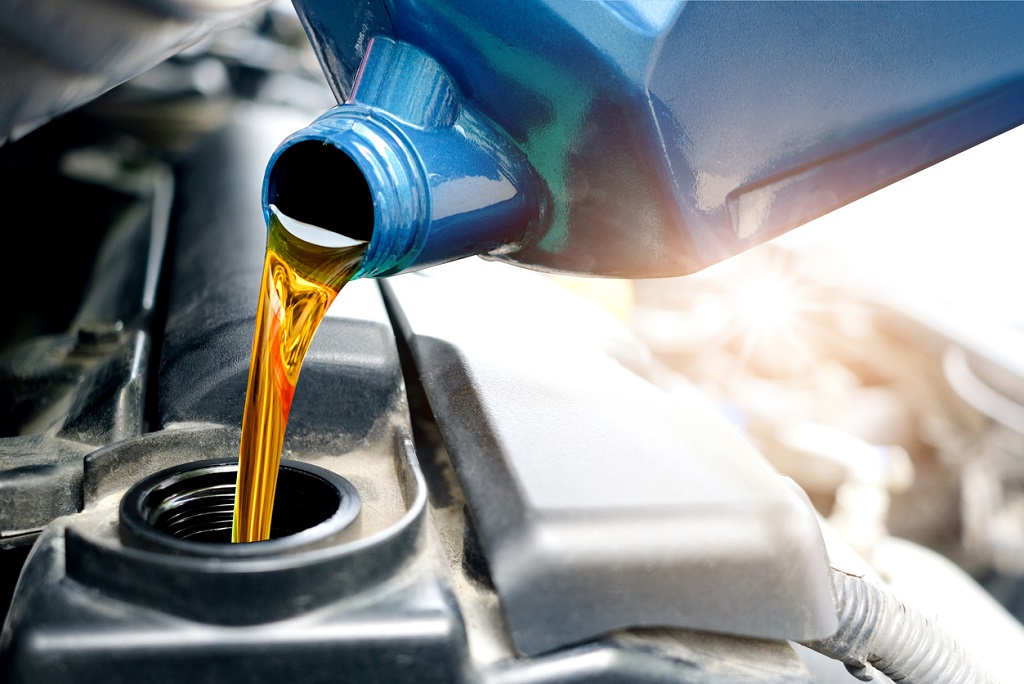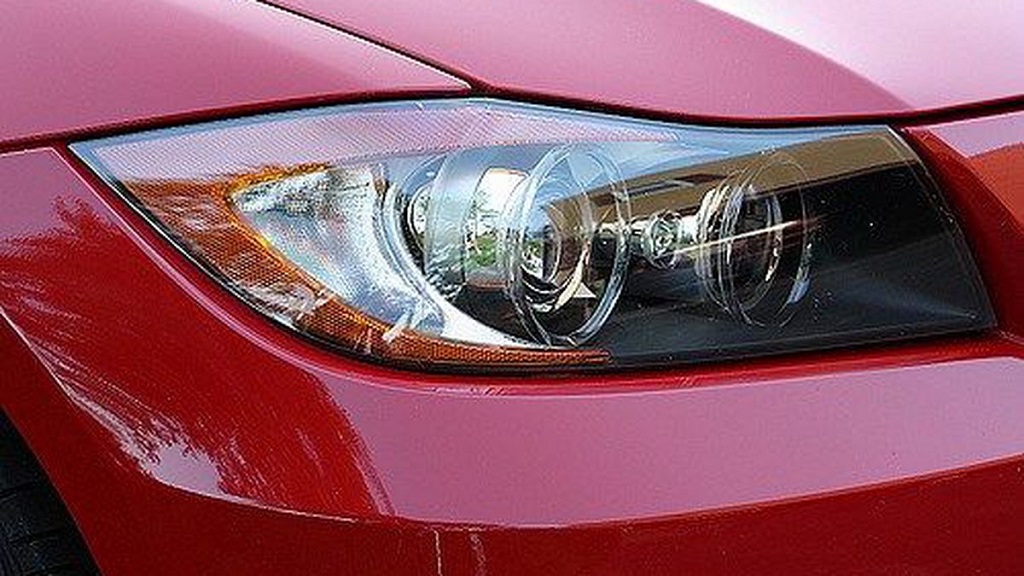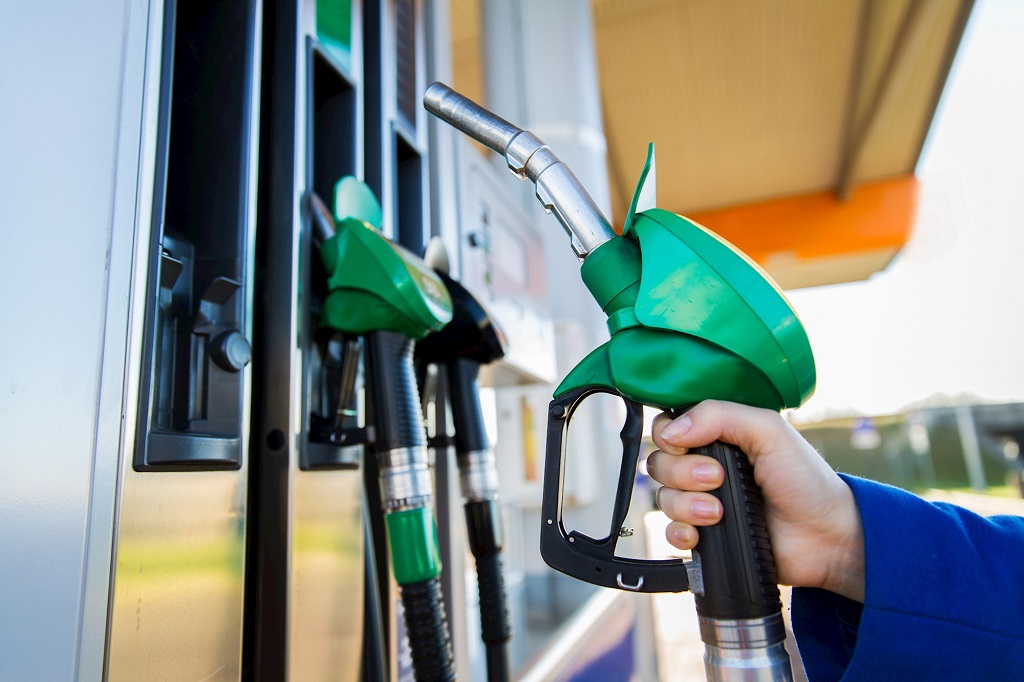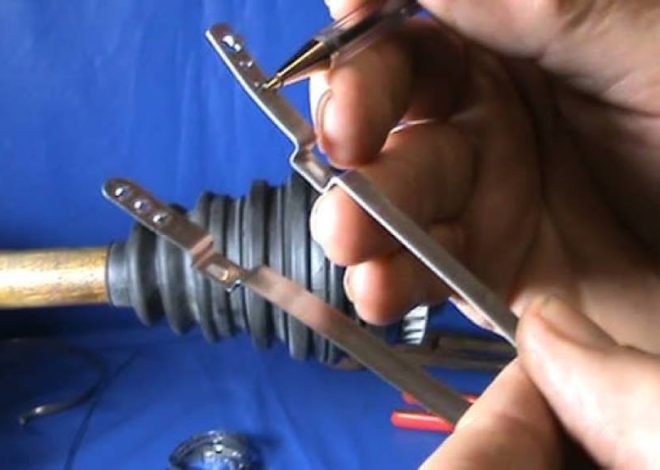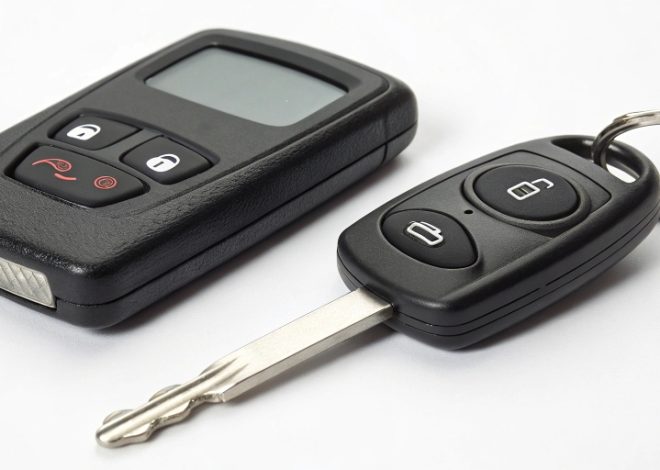
Essential Vehicle Repair Tips for Every Driver
When it comes to keeping your car in tip-top shape, even the most experienced drivers can benefit from a few essential vehicle repair tips. Whether you’re a seasoned pro or a novice motorist, knowing how to maintain your vehicle properly not only ensures your safety but also prolongs the life of your car. In this article, we will explore some valuable car maintenance advice that every driver should be aware of. So, fasten your seatbelt, and let’s dive in!
Regularly Check Your Owner’s Manual
Your car’s owner’s manual is your best friend when it comes to understanding your vehicle. It provides valuable insights into your car’s maintenance schedule, recommended service intervals, and troubleshooting tips. Make sure to read it thoroughly and follow the manufacturer’s recommendations.
Keep an Eye on Tire Pressure
Maintaining the right tire pressure is crucial for both safety and fuel efficiency. Check your tire pressure regularly and ensure it matches the recommended psi indicated in your owner’s manual. Underinflated tires can lead to poor handling and increased fuel consumption.
Don’t Ignore Warning Lights
Modern cars are equipped with a dashboard full of warning lights and indicators. If any warning light comes on, don’t ignore it. It could be signaling an issue with your engine, brakes, or other vital components. Address the problem promptly to prevent further damage.
Schedule Regular Oil Changes
Changing your car’s oil is one of the most critical maintenance tasks. Follow the recommended oil change intervals in your owner’s manual. Fresh oil keeps your engine running smoothly and prevents costly damage.
Keep Your Car Clean
Regularly washing and waxing your car not only keeps it looking great but also helps protect the paint and prevent rust. A clean car is a happy car!
Replace Worn-out Wiper Blades
Visibility is crucial for safe driving. If your wiper blades are streaking or leaving streaks, it’s time to replace them. Fresh wiper blades ensure clear visibility during rain or snow.
Check Your Brakes
Your brakes are your car’s most important safety feature. If you hear squeaking or grinding noises when braking, it’s time for an inspection. Worn brake pads can lead to dangerous situations.
Pay Attention to Your Gas Gauge
Running out of gas can be inconvenient and potentially hazardous. Keep an eye on your gas gauge, and refill your tank before it’s too low. It’s also a good practice to keep an emergency supply of gas in your trunk.
Address Rust Spots Promptly
Rust can spread quickly and damage your car’s body. If you notice any rust spots, address them promptly with rust-resistant paint or visit a body shop for repairs.
Inspect Your Lights
Properly functioning lights are essential for safe driving. Regularly check your headlights, taillights, brake lights, and turn signals. Replace any burnt-out bulbs immediately.
Keep a Maintenance Record
Maintain a detailed record of all your car’s maintenance and repairs. This helps you stay organized and provides valuable information when selling or trading in your vehicle.
Learn Basic DIY Repairs
While not everyone is a mechanic, learning some basic DIY repairs like changing a flat tire or replacing an air filter can come in handy and save you money in emergency situations.
Watch Your Driving Habits
Your driving habits can impact your car’s wear and tear. Avoid aggressive driving, excessive speeding, and sudden stops to extend the life of your vehicle.
Don’t Overload Your Vehicle
Exceeding your car’s weight limits can lead to mechanical problems and reduce fuel efficiency. Be mindful of the maximum load capacity specified in your owner’s manual.
Choose Quality Fuel
Using high-quality fuel and following the octane rating recommended in your owner’s manual can improve engine performance and fuel efficiency.
Now that you have a comprehensive understanding of essential vehicle repair tips, remember that regular maintenance not only ensures your safety on the road but also saves you money in the long run. Take care of your car, and it will take care of you!
In conclusion, taking care of your vehicle is a responsibility that every driver should embrace. By following these essential vehicle repair tips, you can ensure the longevity and reliability of your car while prioritizing safety on the road.
FAQs
- How often should I check my tire pressure?
You should check your tire pressure at least once a month or before long trips.
- Can I use any oil for my car’s oil change?
No, it’s essential to use the type of oil recommended in your owner’s manual for the best performance and protection.
- What should I do if my car’s warning light comes on?
If a warning light comes on, consult your owner’s manual to determine the issue. If it’s serious, seek professional help immediately.
- Is it necessary to wash my car regularly?
Regular car washing is not just about appearance; it helps protect your car’s paint and prevent rust.
- How often should I replace my wiper blades?
Replace your wiper blades when they start leaving streaks or show signs of wear. This typically happens every six months to a year.

